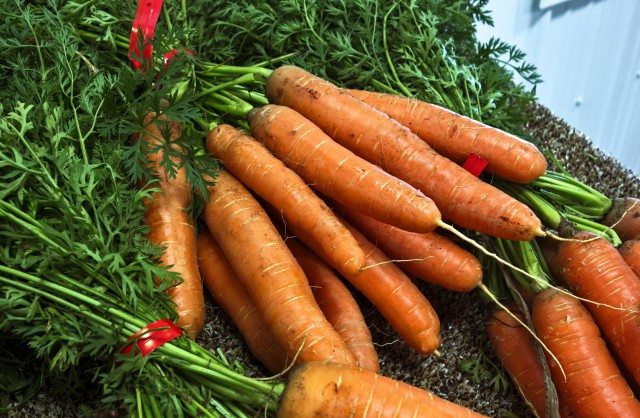Authorities have launched a new network to achieve joint global food-security assessments and joint responses to food crises, including those related to phenomena such as El Niño, was in Istanbul, Turkey in May 2016.
Launched by the Food and Agriculture Organization of the United Nations (FAO), the UN World Food Programme (WFP) and the European Union, the Global Network for Food Insecurity, Risk Reduction and Food Crises Response will pave the way for enhancing the impact of future responses to food crises at the global level by regularly producing, in real time, joint reports based on key analyses and containing timely response options.
This will prompt coordination among stakeholders and promote joint planning and joint responses to food crises.
It will also improve learning from past crises and increase the level of transparency and availability of crucial analysis of global needs.
The ‘Global Network’ and its outputs are public goods, available for everybody. Participation in the network will be broadened to all key stakeholders that can contribute to the analysis and/or to the response.
The network’s pilot publication Global analysis of food and nutrition security situation in food crisis hotspots 2016 is the example that a joint analysis is possible.
It covers 70 countries affected by a food crisis in 2015, including chronically vulnerable countries at or above Phase 2 of the Integrated Food Security Phase Classification.
According to the report, 240 million people across 70 countries are in a food stress situation, including 80 million people in food crisis (figures as of January 2016). Nearly half of those people are located in countries affected by the El Niño phenomenon.
“In order to be an effective driver of change in managing food crises, food-security analyses need to be owned by national and regional stakeholders of the crises affected areas,” says WFP executive director Ertharin Cousin.
“We need to build on what already exists to create sustainable solutions,” added FAO Director-General José Graziano da Silva.
“Vulnerable people’s needs of humanitarian and development assistance to face extreme events are growing,” said European Commissioner for International Cooperation and Development Neven Mimica.
“The situation is worsened by economic shocks, fragility, instability, insecurity, and climate change.”
“The resources from the international community are not growing at the same pace due to global economic crisis.”
“To help mitigate this, the European Commission pledged support of €539 million (US$602.84 million) to respond to recent food crises, including those related to El Niño.”










